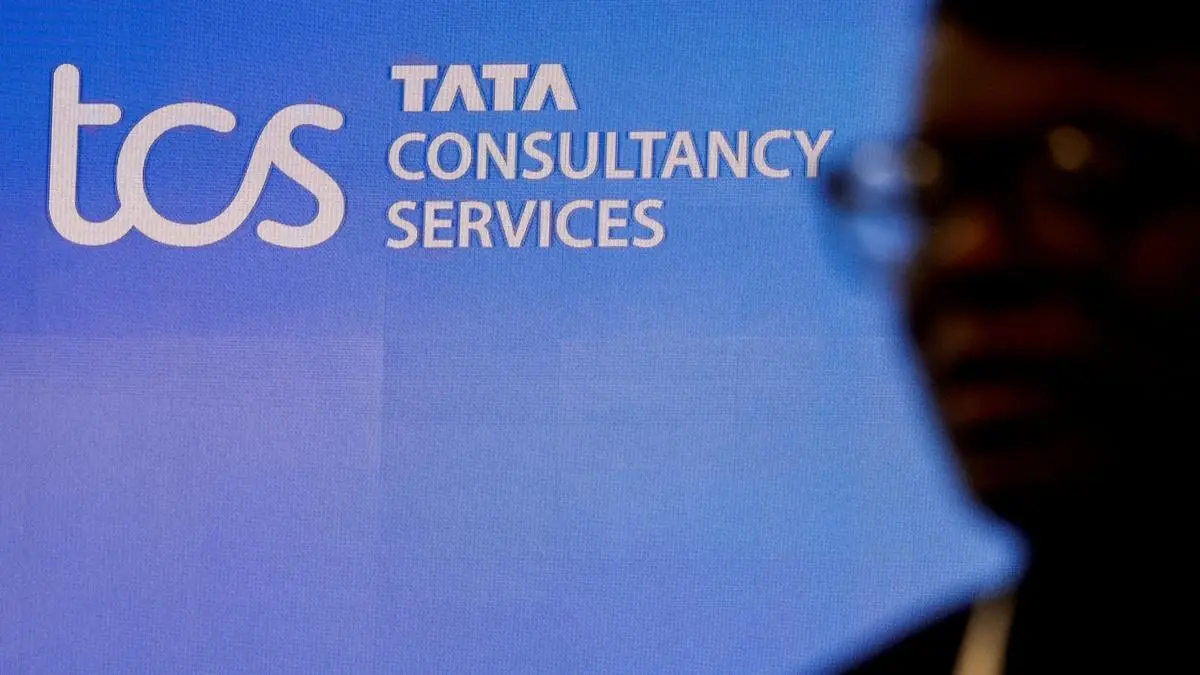
Indian equity traders can’t catch a break — they’re bracing for yet another round of tariff pain from US President Donald Trump, this time targeting branded drugs. That puts the spotlight squarely on major US-focused players such as Sun Pharma and Biocon, as the pharmaceutical sector suffers alongside software exporters already hit by US visa policies. A down day for the Nifty would mark the first weekly dip in a month. Investors will also be watching the market debuts of Saatvik Green Energy and GK Energy.
BSE gains ground on NSE after options crackdown
India’s options crackdown has unexpectedly handed 150-year-old BSE a win over its larger rival NSE. Since July, BSE has grabbed more than half of premium turnover on expiry days, up from 35% in April, after shifting its contracts to Thursdays — a slot long dominated by NSE. While NSE still controls the bulk of overall derivatives activity, its expiry-day market share has slipped alongside a drop in turnover. Analysts say traders are increasingly treating Sensex options as “event contracts,” giving BSE rare traction in a market that NSE once owned outright. The bigger question, they say, is whether BSE can sustain the momentum.
NSE user base tops 120 million ahead of IPO
Even as BSE finds new traction in derivatives, NSE continues to dominate in scale. India’s largest stock exchange has crossed 120 million unique registered users as of Sept. 23, ahead of its planned IPO. The pace of growth has been striking: it took 25 years for the NSE to hit 40 million investors by March 2021, but since then, every additional 10 million has been added in just six to seven months, underscoring the rapid deepening of the country’s equity culture. Driving the surge is a younger cohort of investors, with the median age dropping to 33 from 38 five years ago.
India, China stocks can rally together: HSBC
That swelling base of domestic investors is shaping how analysts view India in the global market context. HSBC notes that India is starting to look attractive relative to the region as valuations soften. Contrary to popular belief, the bank argues that Indian and Chinese stocks can rally simultaneously, since both markets are largely driven by domestic investors with limited foreign participation. While earnings downgrades and tariffs remain risks, much of this risk is already priced in. HSBC has accordingly turned overweight on Indian equities.
And, finally..
Software giant Tata Consultancy Services Ltd., once the poster child of India’s technology prowess, has been hit hard by the sector’s mounting challenges. On Thursday, its shares dropped to their lowest level since March 2021. The stock has tumbled 28% this year, erasing more than $50 billion in market value. The latest fallout of US visa fees has compounded what was already a difficult year for the industry — and there’s little indication that relief is around the corner.
More stories like this are available on bloomberg.com
Published on September 26, 2025



